There’s a scene in Alfred Hitchcock’s Marnie in which Tippi Hedren is emptying a safe while a cleaning lady silently drags her mop towards her. Can Hedren, playing the disturbed Marnie, slip down the stairs before the woman turns her head?
I felt a twinge of the same panic last week interviewing the composer Nico Muhly, whose opera Marnie — based more closely on Winston Graham’s novel than on Hitchcock’s film — was given its world première by English National Opera last Saturday. Would I make it out of the room without asking the Wrong Question?
Muhly, who made his name as the cherubic, prodigiously gifted but prickly protégé of Philip Glass, is scary to interview. This is well known in New York. Even those critics who don’t like his music admire the cheeky brutality of his wit. They just don’t want to be his targets.
His first opera, Two Boys, about internet predators, was written in his twenties and performed at ENO and then the Met. Envious colleagues hoped it would get bad reviews. There were a few — mostly mocking the libretto — but not enough to satisfy them.
He’s in his mid-thirties now, though there’s still a touch of boyband cuteness about him. I decided not to raise the subject of middle age. You just have to visit his website to discover how he reacts to interviewers who get up his nose.
He blogs about an unnamed music hack who couldn’t get his head round Muhly’s musical promiscuity — studying with the minimalists, playing in a band with Sufjan Stevens, anthems for Anglican worship. The journo asked portentous written questions that tried to attach Muhly to a post-minimalist-cum-rock-band ‘movement’.
Big mistake. ‘You and this movement shit again. It’s so lazy and it makes me want to throw the laptop across the room… you’ve created this artificial “scene” and then put me as the family crayzee cousin, always writin’ wacky music for the Lord’s House!’
Yikes. It’s best not to throw labels around, clearly, though I’m curious to know if — like many composers — Muhly attracts hangers-on who fall in and out of favour.
He looks surprised. ‘My writing is built into an idea of a community and not just a musical one. I write music for my friends. I’m not old, I’m 36, my quote-unquote “operation” is pretty much improvised. I’m not a personality around whom all these people fawn. Who was the last person who had that? Stravinsky?’
Britten, I suggest, who was notorious for periodically clearing out his friend cupboard. Does he ever feel that urge? ‘Never, never, never! I’m the opposite. I wanteverything to get bigger, bigger, bigger — the idea of a personality cult feels incredibly foreign.’
You can, however, hear echoes of Britten in Muhly’s music. He fell in love with the Anglican choral tradition after singing in the choir at an Episcopal church in Providence, Rhode Island. ‘Any time I can, I will be at evensong, which is many times a week.’ This must mystify the Brooklyn hipsters who regard Nico as their in-house composer.
I ask whether his religious music — the sensational Bright Mass with Canons, for example, in which Renaissance counterpoint is invaded by the stuttering and noodlings of the organ — reflects any Christian convictions of his own.
But we’re not going there. ‘I’m avoiding that, because that’s a boring thing to have in print. I’m much more interested in creating music that helps other people to think about things outside of the known world.’
That sounds like a cue for spiritual-but-not-religious waffle, but it isn’t. Muhly cites James MacMillan’s percussion concerto Veni, Veni Emmanuel (‘one of the high water marks of Western civilisation’) as an example of a piece whose impact doesn’t depend on sharing the composer’s fervent Catholicism. ‘There’s nothing more moving than when that tune comes in…’ he says and shivers.
He gets the same buzz from the exultant entry of Purcell’s theme at the end of Britten’s Young Person’s Guide. ‘I remember hearing that for the first time as a kid and, you know, nearly having a problem.’ Nothing turns him on more than composers who can float a tune — hymn tunes, especially — above overlapping melodies and textures, Bach being the supreme example.
It’s horribly difficult to pull off, though. All classical composing is. Muhly starts with a grand plan, then hones in on it ‘like Google Maps’ — but the medium range, where you bolt together stretches of musical argument with advanced harmony and counterpoint, can be a nightmare. ‘You have to search for the sweet spot where you’re able to write fluently, take advantage of the moments of mental clarity.’
Muhly has spoken in the past about how that clarity can be clouded by depression — though it helps living in New York, he explains, where people relish talking about therapy and medications.
I bounce an idea off him. How about writing a piece of music capturing the effects of the different drugs — Prozac, Zopiclone, Modafinil etc. — with which millions of us alter our consciousness?
‘It would have to be a set of variations,’ he says firmly. ‘But the problem is you’d have to have nine middle movements in which the damn thing has no effect and you just get fat.’ (Anyone who’s struggled with anti-depressants will know what he means.)
But now he has to get back to rehearsals. He’s three days away from a première at which — arguably — the musical world will finally make up its mind about Nico Muhly. Marnie, the story of a tormented, prick-teasing kleptomaniac, shows human beings ‘negotiating our best and worst instincts, including those over which we enjoy some degree of control, and, of course, those we don’t’. It’s a fierce test of all his compositional skills and he knows it.
On Saturday he passes it — magna cum laude, I’d say. Only Muhly could write so gorgeously for a chorus of secretaries ordering Liebfraumilch and soda in the pub. (The setting is Birmingham in 1959, and librettist Nicholas Wright has great fun with it.)
The orchestration is alternately lush, spiky and translucent; more important, it rests on rock-solid structures. At the end, as Marnie confronts her guilt, her dowdy churchgoing neighbours start to ‘Praise Him, Praise Him’. It’s the hymn ‘Praise, My Soul, the King of Heaven’, decked out in its familiar harmony — a surprise that stops the heart as deftly as the Bach chorale in Berg’s Violin Concerto.
So when Muhly was talking about floating hymn tunes, he knew he had that up his sleeve. And I hope he now realises that, with this magnificent opera behind him, middle age should hold no terrors.
Got something to add? Join the discussion and comment below.
Get 10 issues for just $10
Subscribe to The Spectator Australia today for the next 10 magazine issues, plus full online access, for just $10.
You might disagree with half of it, but you’ll enjoy reading all of it. Try your first month for free, then just $2 a week for the remainder of your first year.

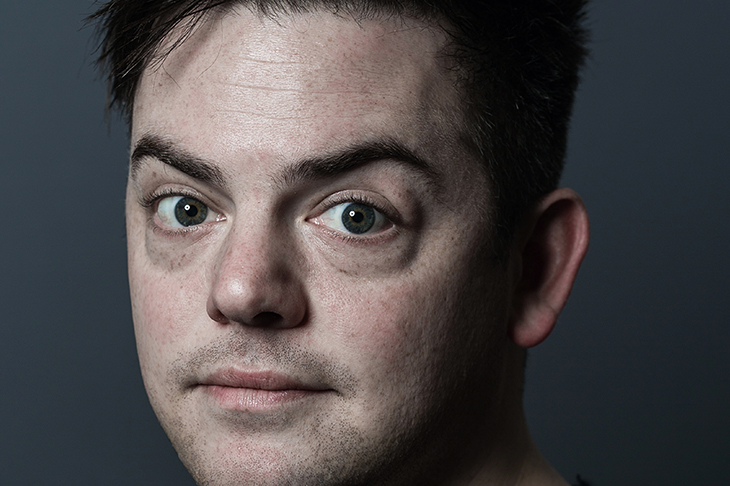
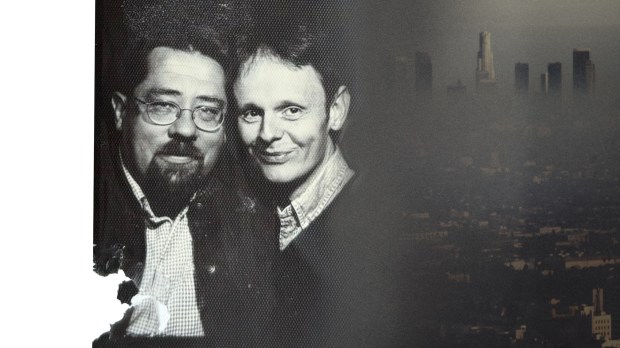
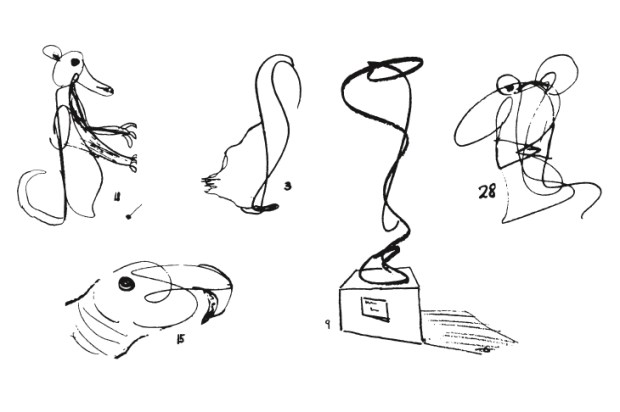
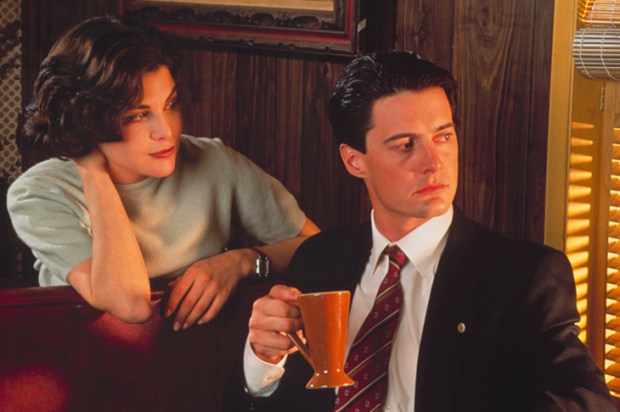
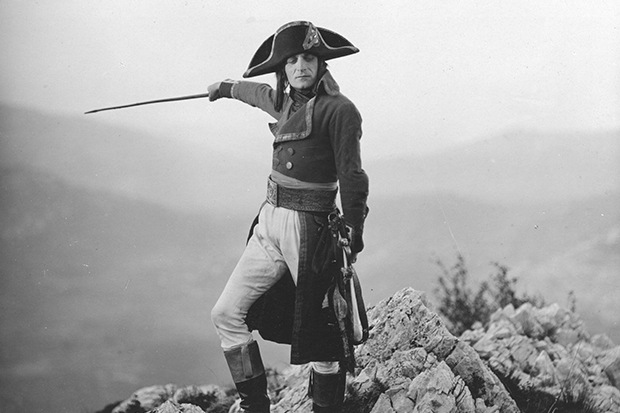

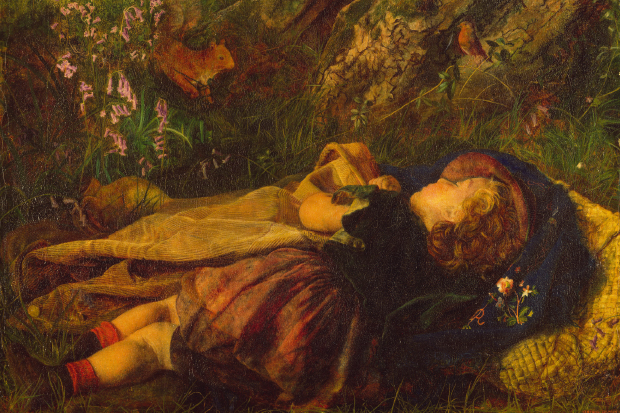






Comments
Don't miss out
Join the conversation with other Spectator Australia readers. Subscribe to leave a comment.
SUBSCRIBEAlready a subscriber? Log in